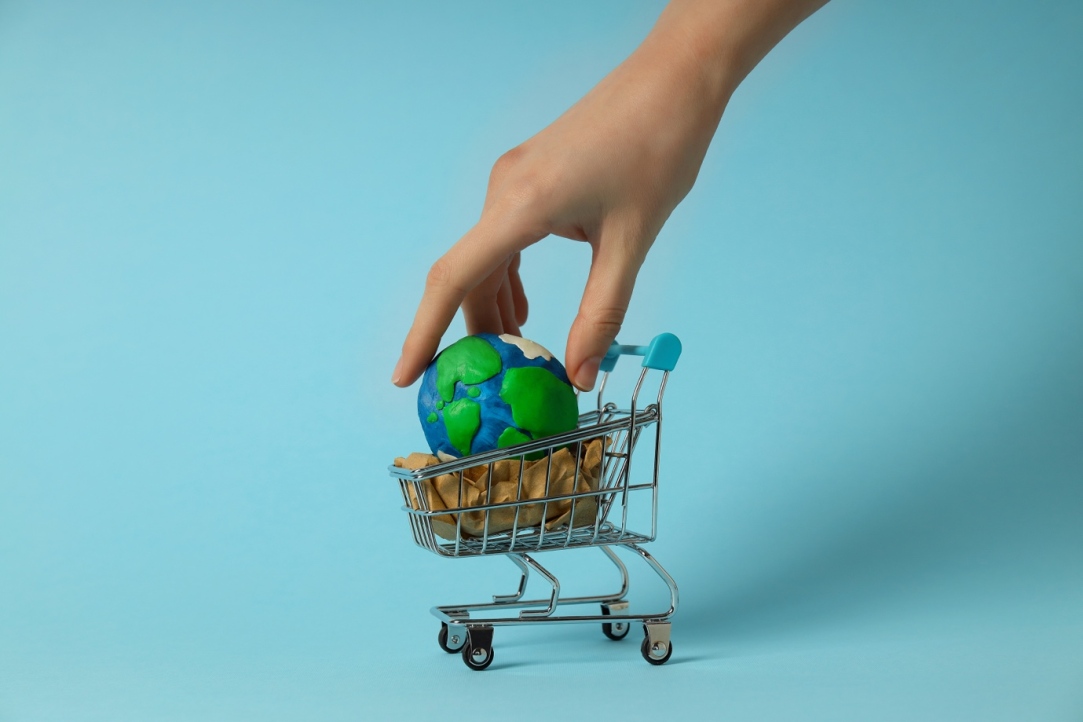Movement towards sustainable consumption

For reference: This series of trendsetters continues the practice of publishing reviews of global technological trends since 2014 and presents a unique database of global trends and challenges in the field of human development. This research of the HSE ISSEK is based on the results of iFORA Big Data System, the Delphi survey (with the participation of more than 400 leading foreign and Russian scientists), expert sessions and interviews.
In the last decade, there has been a sociocultural transformation towards conscious consumption and respect for the environment. The trend has led to the emergence of "green skills" based on the education of an ecological culture, as well as the widespread implementation of business models of sharing and re-ownership (for example, upcycling and recycling).
Ecological thinking also includes using renewable resources in production, extending the life of products, and providing products for renting instead of selling them. By reusing raw materials, waste reduction can reach (depending on the industry) 80%, and greenhouse gas emissions – 90%.
Conscious consumption is closely related to ensuring food security, optimizing production and utilization of food products. One of the solutions to the food issue could be the widespread use of products, the production of which has a negative impact on nature, as well as the popularization of new diets. For example, eating insects could potentially become widespread in the foreseeable future, including in Western countries.
Lab-produced food can also reduce the environmental burden. Some forecasts suggest that by 2040, 60% of meat consumed will be plant-based or cultured and will be able to compete with conventional meat in terms of price.
The new issue of trendletter (Russian version) is available at the link.
Previous issues of trendletters can be found here.